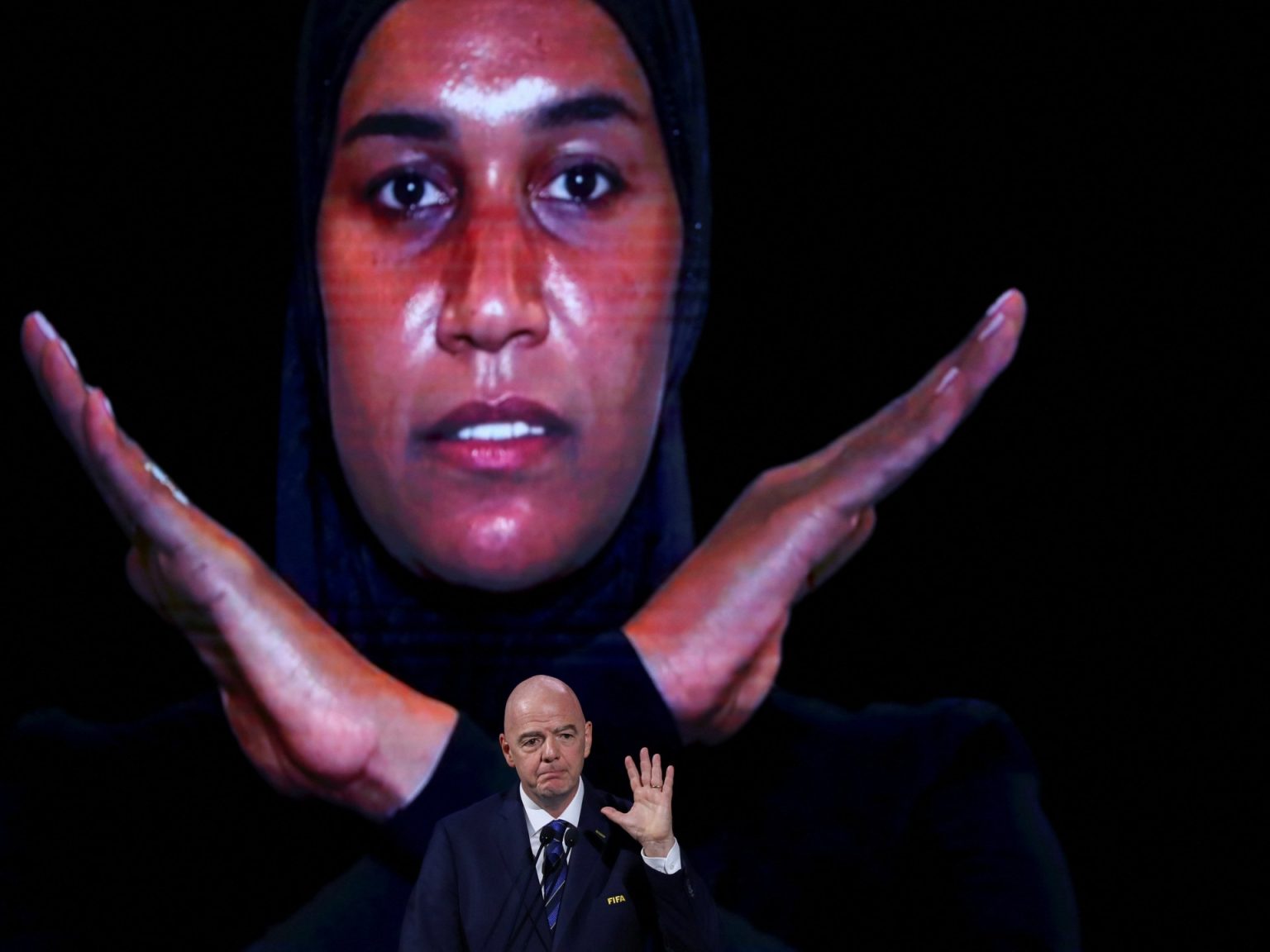Brazil has been declared host of the 2027 Women’s World Cup after winning a vote at the annual FIFA Congress, beating a joint bid by Belgium, Netherlands, and Germany to become the first South American country to stage the tournament. Brazil won with 119 votes versus 78 for the joint European entry, bolstered by a favorable technical evaluation from FIFA due to its commercial plan and stadiums built for the 2014 Men’s World Cup. The president of the Brazilian Football Confederation, Ednaldo Rodrigues, expressed confidence in hosting the best World Cup for women and South American women’s soccer.
The vote for the Women’s World Cup had been narrowed down to Brazil and the joint bid of Belgium, Netherlands, and Germany after the United States and Mexico withdrew to pursue the 2031 tournament. In the FIFA evaluation, Brazil received a score of 4.0 out of 5, compared to 3.7 for the European bid. Although the European bid was praised for its compactness, commercial viability, and short distances between venues, it was noted that the smaller capacities of its 13 stadiums were a drawback. Rodrigues emphasized that Brazil’s victory was a result of conviction and hard work, rather than lobbying efforts.
Brazil’s bid for the Women’s World Cup aimed to boost women’s football in South America, which is underdeveloped but has significant potential for growth. Operational manager Valesca Araujo highlighted that the concept presented by Brazil went beyond just hosting a sports tournament, focusing on transforming women’s football in the region. The win was seen as a significant achievement for South America and an opportunity to celebrate the progress of women’s soccer on the continent.
FIFA President Gianni Infantino announced five action areas for a global stand against racism in response to ongoing racial discrimination in football. FIFA pledged to take a tough stance on racism, advocating for strict measures to be implemented by all members to address instances of abuse, including forfeiting matches and introducing racism as an offense in players’ disciplinary codes. Infantino called for suspending or abandoning games in response to racist abuse and proposed a global standard gesture for players to inform referees of such incidents.
Infantino also addressed the debate about the volume of matches played globally, arguing that FIFA organizes only a small fraction of club games and national team matches. He emphasized that FIFA provides essential resources for many of its members and called for focusing on important issues rather than engaging in futile debates. Infantino’s remarks underscored FIFA’s commitment to addressing racism in football and taking concrete actions to combat discrimination in the sport.


